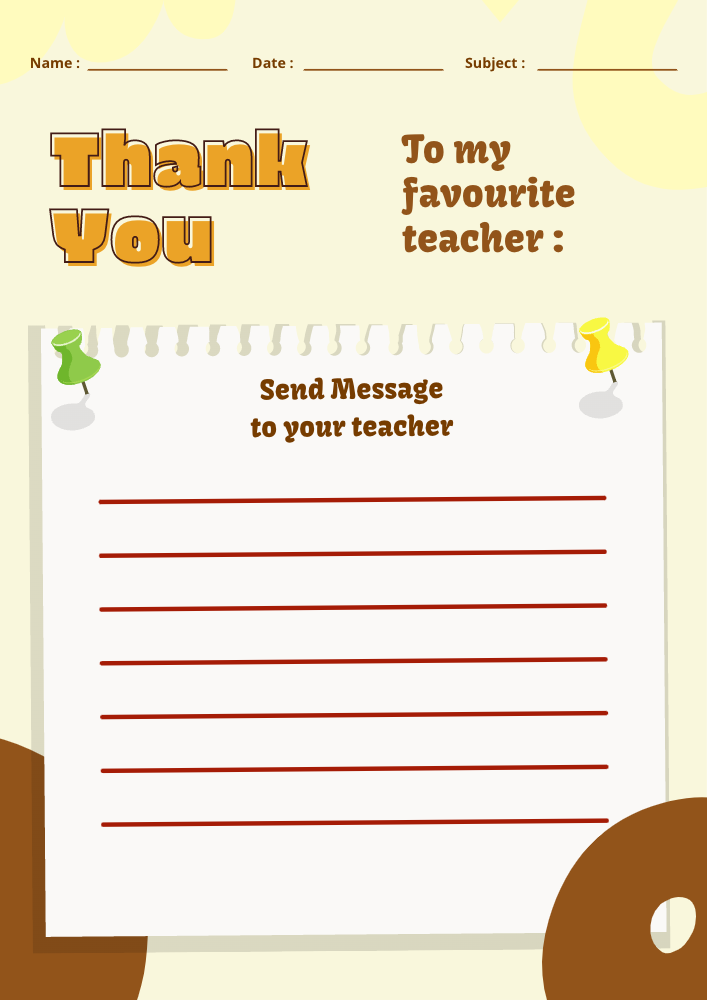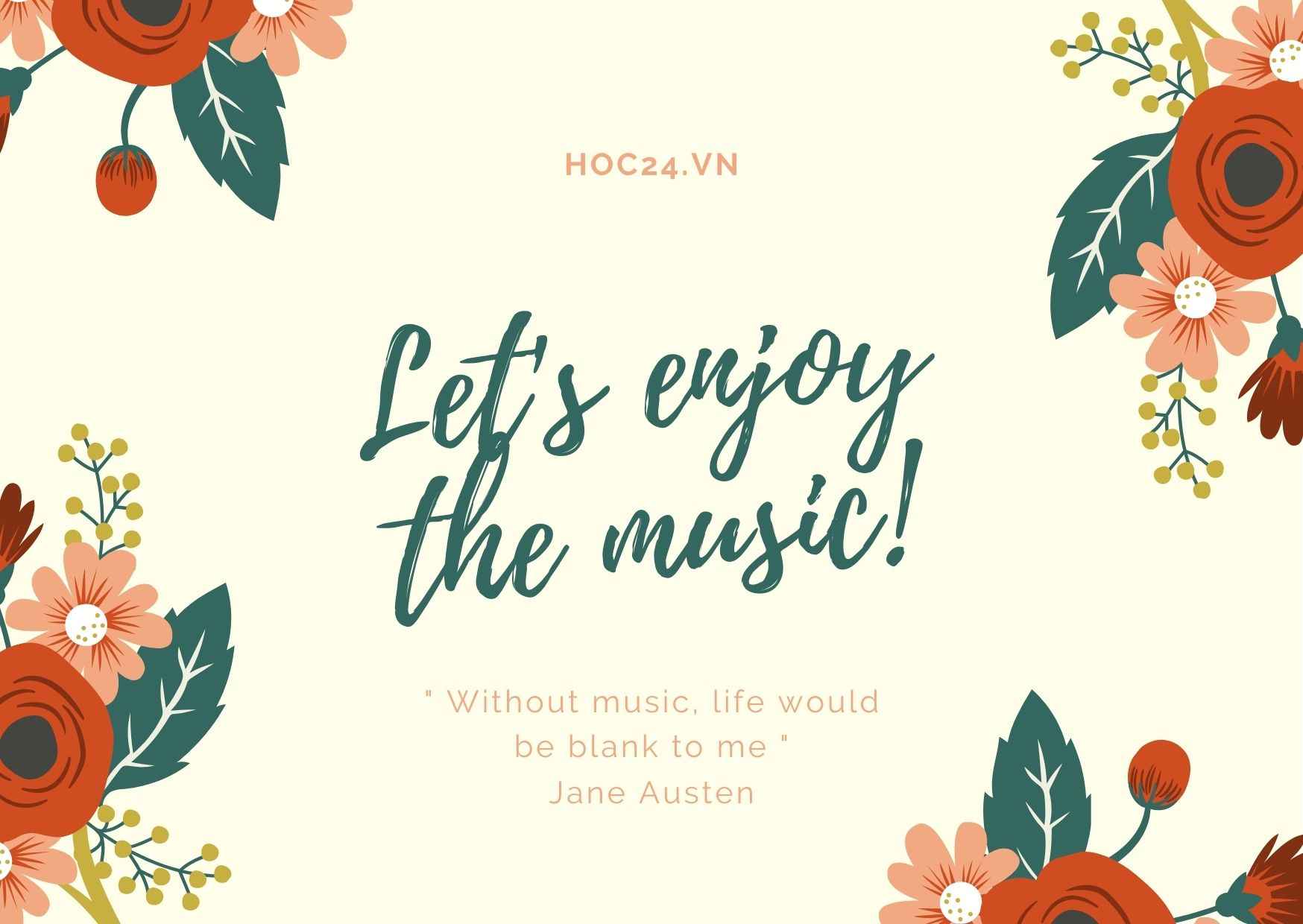Hãy nhập câu hỏi của bạn vào đây, nếu là tài khoản VIP, bạn sẽ được ưu tiên trả lời.

Trong trường hợp này bạn nên đi ngủ để tâm hồn không còn mệt mỏi . Sau khi tỉnh dậy , làm mọi việc suôn sẻ , trôi trảy .
Chúc bạn sớm khỏe lại !

ukm, mình cũng giống như bạn. Hầu như lúc nào mình cũng trả lời câu hỏi để trau dồi thêm kiến thức

Passage 1: Read the following passage and mark the letter A, B, C, or D to choose the word or phrase that best fits each of the numbered blanks from 1 to 5.
Left-handers are the odd ones out. Sure, lefties (1) ______up about 10 percent of the population - but, frankly, it seems like society has forgotten about them. Just consider all of the right-handed gadgets, awkwardly designed desks, and cooking tools that fit comfortably only in your right hand. What (2) ______someone to become a lefthand? Scientists aren’t exactly sure, but research points to a complex (3) ______between genes and environment While no exact set of “leftie genes” have been discovered, people who dominantly use their left hands do have more left-handed family members. And researchers have found different brain wirings in righties vs. lefties. But no matter (4) ______it is that drives someone to use their antipodal paw, science has also uncovered a particular set of personality traits that left-handed people tend to have. So for all of you lefties, leftie-loving righties, and ambidextrous folks out there - it’s time to brush up on your left-handed knowledge and help (5) ______an end to leftie discrimination once and for all.
1: A. consist B. account C. hold D. make
2: A. causes B. makes C. gets D. does
3: A. collaborate B. collaboration C. collaborating D. collaborated
4: A. which B. who C. what D. that
5: A. put B. bring C. make D. take
Passage 2: Read the following passage and mark the letter A, B, C, or D to indicate the correct answer to each of the questions from 6 to 12.
Successful students often do the followings while studying. First, they have an overview before reading. Next, they look for important information and pay greater attention to it (which often needs jumping forward or backwards to process information). They also relate important points to one another. Also, they activate and use their prior knowledge. When they realize that their understanding is not good, they do not wait to change strategies. Last, they can monitor understanding and take action to correct or “fix up” mistakes incomprehension.
Conversely, students with low academic achievement often demonstrate ineffective study skills. They tend to assume a passive role, in learning and rely on others (e.g., teachers, parents) to monitor their studying, for example, low-achieving students often do not monitor their understanding of content; they may not be aware of the purpose of studying, and they show little evidence of looking back or employing “fix-up” strategies to fix understanding problems. Students who struggle with learning new information seem to be unaware that they must extent effort beyond simply reading the content to understand and remember it. Children with learning disabilities do not plan and judge the quality of their studying. Their studying may be disorganized. Students with learning problems face challenges with the personal organization as well. They often have difficulty keeping track of materials and assignments, following directions, and completing work on time. Unlike good studiers who employ a variety of study skills in a flexible yet purposeful manner, low-achieving students use a restricted range of study skills. They cannot explain why good study strategies are important for learning, and they tend to use the same, often ineffective study approach for all learning tasks, ignoring task content, structure or difficulty.
(Source: Adapted from Study Skills: Managing Your Learning — NUI Galway)
6: What is the topic of the passage?
A. Successful and low-academic achieving students
B. Successful learners and their learning strategies
C. Study skills for high school students
D. Effective and ineffective ways of learning
7: The word “prior” in the first paragraph is the closest meaning to ______?
A. important B. earlier C. forward D. good
8: According to the passage, what can be learnt about passive students?
A. They depend on other people to organize their learning
B. They are slow in their studying
C. They monitor their understanding
D. They know the purpose of studying
9: Which of the followings is NOT evidence of monitoring studying?
A. Being aware of the purpose of studying
B. Monitoring their understanding of content
C. Fixing up mistakes in understanding
D. Looking at their backs
10: According to the passage, to learn new information, low-achieving students do NOT______.
A. just understand it B. relate it to what they have known
C. simply remember it D. read it
11: In compared with low-achieving students, successful students use______.
A. aimless study techniques B. various study skills
C. restricted strategies D. inflexible study ways
12: The underlined pronoun “They” in the last sentence refers to______.
A. study strategies B. study skills
C. low-achieving students D. good studiers

Dear beloved teacher,
I am writing these words to express my profound gratitude to you for everything you have done for us throughout this past school year. You are not only our educators, but also mentors who have dedicated your time and efforts to help us grow and develop.
You have imparted valuable knowledge, skills, and important life values that have shaped us into contributing members of society. Your guidance has been instrumental in our academic and personal growth.
We cannot thank you enough for all the precious lessons you have shared with us. Your advice, encouragement, and care have helped us overcome challenges in both our studies and lives.
The wonderful memories of our learning journey and personal development would not be complete without your presence and support. Therefore, I want to extend my sincerest gratitude to you for the positive impact you have had on our lives.
We will always cherish the invaluable lessons and the love you have wholeheartedly bestowed upon us. Thank you for the exciting classes, meaningful stories, and dedicated companionship.
Wishing you good health, happiness, and continued success in your educational mission. I look forward to the opportunity to meet you again.
With heartfelt appreciation,
Phung Cong Anh
Thưa thầy/cô,
Kính gửi thầy/cô, em là một trong những học sinh của thầy/cô trong năm học vừa qua. Nhân dịp kết thúc năm học, em muốn viết những dòng này để bày tỏ lòng biết ơn sâu sắc tới thầy/cô.
Trước khi em được gặp thầy/cô, em chưa bao giờ hiểu được giá trị của kiến thức và sự quan trọng của việc học tập. Nhưng nhờ có sự hướng dẫn ân cần và tận tâm của thầy/cô, em đã có thể trở thành một học sinh có tiến bộ trong học tập.
Thầy/cô không chỉ truyền đạt kiến thức mà còn giúp đỡ em trong việc rèn luyện các kỹ năng sống quan trọng như: kỹ năng giao tiếp, kỹ năng thuyết trình, kỹ năng lãnh đạo và nhiều kỹ năng khác.
Ngoài ra, thầy/cô cũng luôn truyền đạt cho chúng em những giá trị sống quan trọng như: biết tôn trọng, biết cảm thông, biết chia sẻ và biết yêu thương. Những giá trị này sẽ được em mang đi suốt cuộc đời của mình.
Em rất cảm kích những đóng góp và hy sinh của thầy/cô trong suốt năm họcKính gửi thầy/cô,
Những dòng này được viết từ tâm hồn em, để bày tỏ lòng biết ơn sâu sắc đối với thầy/cô. Em muốn nói rằng, trong suốt thời gian học tập, thầy/cô là người đã dành thời gian và công sức để giúp em trưởng thành và phát triển.
Thầy/cô đã không chỉ truyền đạt cho em những kiến thức và kỹ năng để vượt qua các kỳ thi, mà còn giúp em hiểu sâu hơn về cuộc sống và trở thành một người có ích cho xã hội. Những bài giảng và lời khuyên của thầy/cô đã giúp em trở nên tự tin hơn, có nhiều ý tưởng mới và trân trọng giá trị của mỗi người trong xã hội.
Thời gian em đã dành để học tập và trò chuyện với thầy/cô luôn là những kỉ niệm tuyệt vời mà em sẽ luôn giữ trong lòng. Cảm ơn thầy/cô đã luôn tạo ra môi trường học tập thoải mái và giúp em cảm thấy được sự đồng cảm và ủng hộ khi cần.
Em hy vọng rằng thầy/cô sẽ tiếp tục giúp đỡ nhiều học sinh khác trong tương lai và nhận được nhiều niềm vui và thành công trong sự nghiệp của mình.
Một lần nữa, em xin chân thành cảm ơn thầy/cô vì tất cả mọi điều đã làm cho em trong suốt

1I like classical music
2I don't know, there are so many different singers, I just randomly picked one
3I like it because it's gentle and doesn't feel headache or discomfort, used to relax after school
4This music is also quite popular in my country (I listen to foreign classical music:v)
5Of course there is
6I often listen to music when I'm tired or sleepy
How about you:v
Well, I love music a lot. I usually listen to music according to my mood. If I am sad or tired, I will listen to lo-fi, sad, and slow music. If I am happy, I will listen to remix music and some songs have happy melodies. I love it because it helps me to relieve the mood. After all, I usually don't have someone to confide in or release my feelings. So that kind of music is popular in my country. I listen a lot, when I do homework, do housework and when I have free time.



 chúc các thầy cô giáo,các CTV và các thành viên trên HOC24 có giáng sinh vui vẻ bên người thân ~ * MERRY CHRISTMAS *
chúc các thầy cô giáo,các CTV và các thành viên trên HOC24 có giáng sinh vui vẻ bên người thân ~ * MERRY CHRISTMAS *



có khác đâu, bn kia chỉ giải thích thêm thôi
Bạn xem lại ở phần trắc nghiệm đi , Exercise 1 ý .